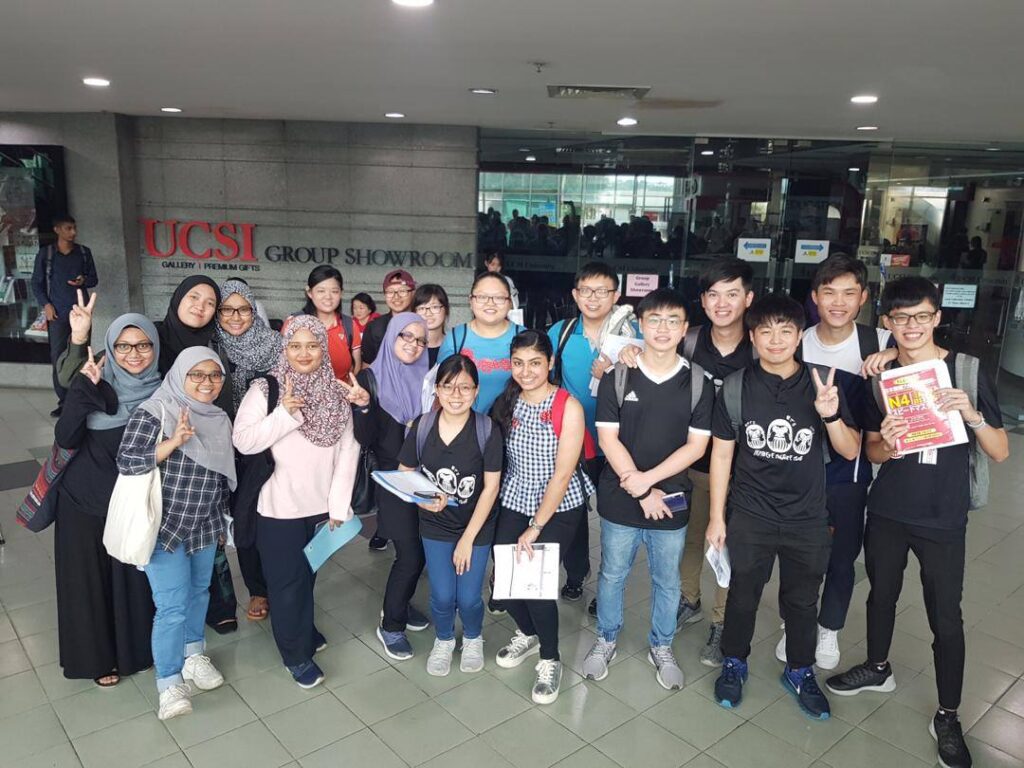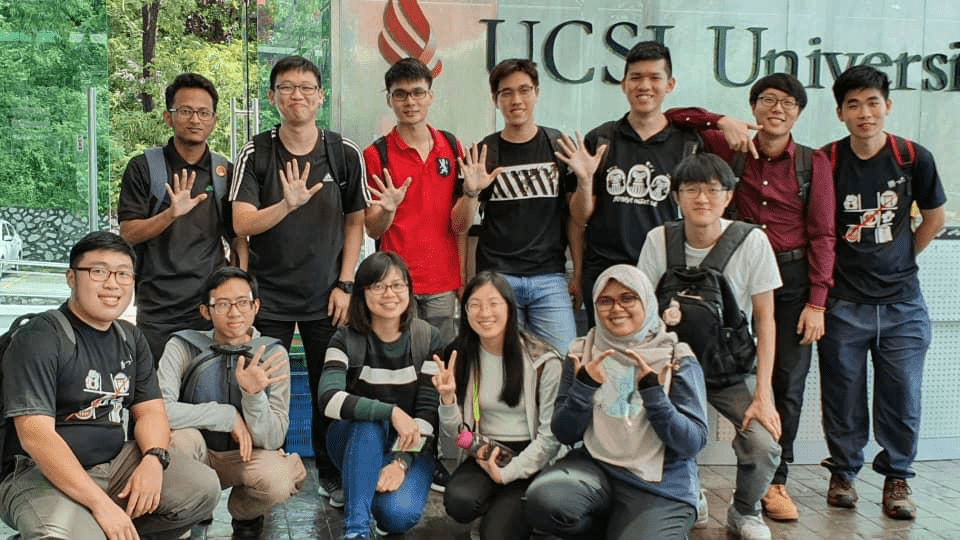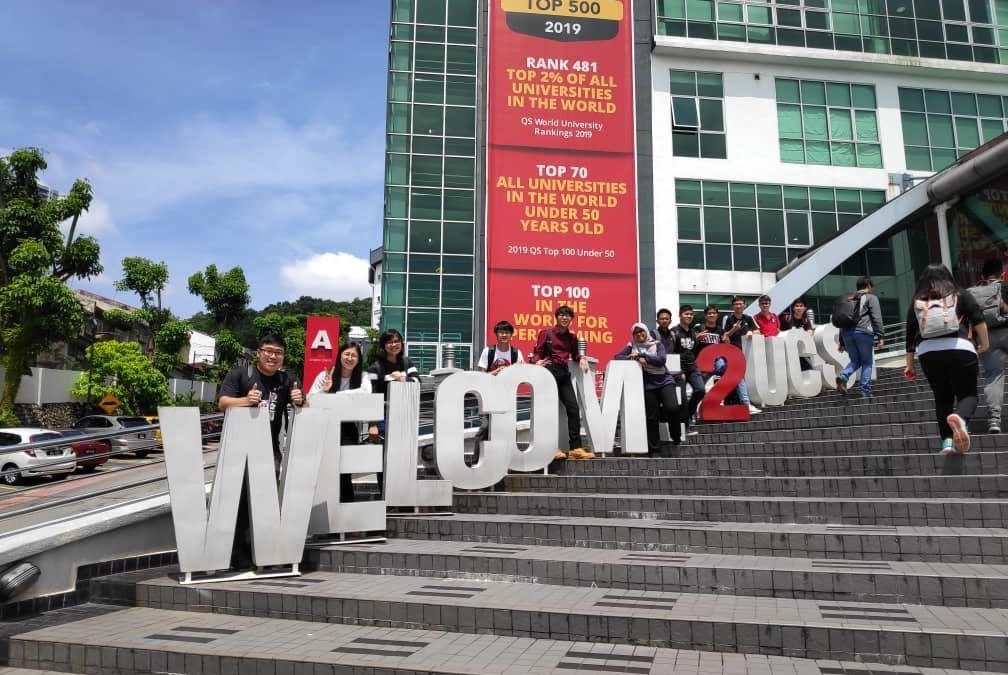The Japanese Language Proficiency Test (JLPT) is a standardized criterion-referenced test structured to evaluate and certify Japanese language proficiency for non-native speakers. The JLPT certificates have high credibility internationally, besides having many advantages ranging from recognition as academic credit and graduation certification at schools to preferential treatment at companies and acknowledgement of qualification in society. This test covers the elements such as the language knowledge, reading ability and listening ability. Outside Japan, the test may be held only in July or December in some cities. Therefore, this test is only held twice a year in Malaysia. The JLPT has 5 levels; N1 (most difficult), N2, N3, N4 and N5 (easiest).

For the latest July paper, a total of 36 Malaysia-Japan International Institute of Technology (MJIIT) sat for the test. The candidates are of the 1st, 2nd, 4th year students and also post-graduate students. Each of these students took a different level of JLPT; N2 – 2 students, N3 – 6 students, N4 – 18, students and N5 – 10 students.
During the Career Fair Program, the Japanese companies claimed that the candidates with the JLPT certificates of N3 level and above would stand out compared to the other candidates in job-seeking at Japanese companies in Japan.
Here in Malaysia-Japan International Institute of Technology, we look at this as an opportunity to improve our graduate employability. Hence, this is one of the reasons MJIIT is promoting JLPT and is in the process of revising the current curriculum.


